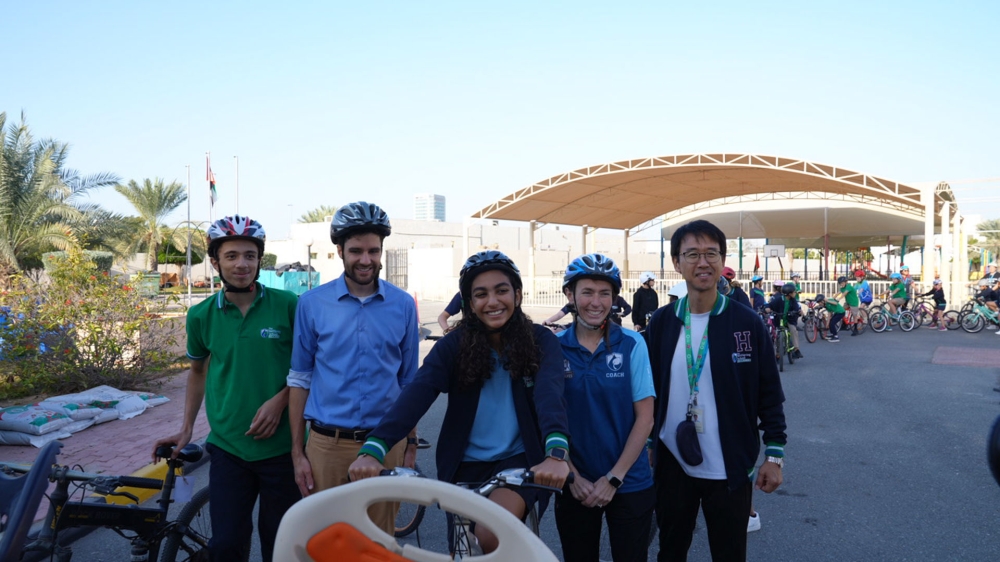Rwanda Development Board (RDB) tourism department has said it is embarking on a campaign to preserve the newly established tourist attraction, bird watching, by changing, people who destruct bird habitats into bird watchers. In partnership with the Rwanda Birding Association, educational programs are being organized on birding habitats and the value of preserving birds for Rwanda.

Rwanda Development Board (RDB) tourism department has said it is embarking on a campaign to preserve the newly established tourist attraction, bird watching, by changing, people who destruct bird habitats into bird watchers.
In partnership with the Rwanda Birding Association, educational programs are being organized on birding habitats and the value of preserving birds for Rwanda.
The programms are also aimed at encouraging people to enjoy and participate in birding.
According to RDB/Tourism and Conservation, there have not been any recorded incidences of bird hunters and poachers so far. However, the biggest threat to the industry is the destruction of their habitats.
In Rwanda, most of the breeding grounds for majority of the birds are wet lands, swampy areas which are being encroached for agricultural purposes.
One of the cases cited is the destruction of the habitat at the Nyarutarama Lake where a few birds were found dead.
Rwanda’s Birding Areas (IBAs) are found in the National parks of Volcanoes, Akagera and Nyungwe.
Others include Mukura and Gishwati Forests, Rugezi Swamp, Akanyaru, Nyabarongo, Cyamudongo, Nyarutarama and the plains of Bugesera and its associated wetlands.
Available information indicates that out of the 700 bird species in the country over 138 are migratory species and 44 species are regional endemic species.
Information also indicates that 4 species are pure endemics. The whole lot of bird species earns Rwanda the repute of having the ‘Highest Concentration of Bird Species in Africa.’
"It has been proven that 1/3 of Africa’s bird species can be found in Rwanda,” a statement from RDB reads in part.
In a move to lure bird watchers, RDB /tourism is working on how to enhance the birding experience with priority put towards equipping these areas with infrastructure such as bird blinds, and bird watching towers at these sites.
They also intend to purchase bird watching equipments such as binoculars, bird ringing equipments and Bird Guide books.
Apart from the efforts by RDB/Tourism to protect birds and their habitants, Law also plays a role, and both the rules and the convention have become stricter.
Ends




